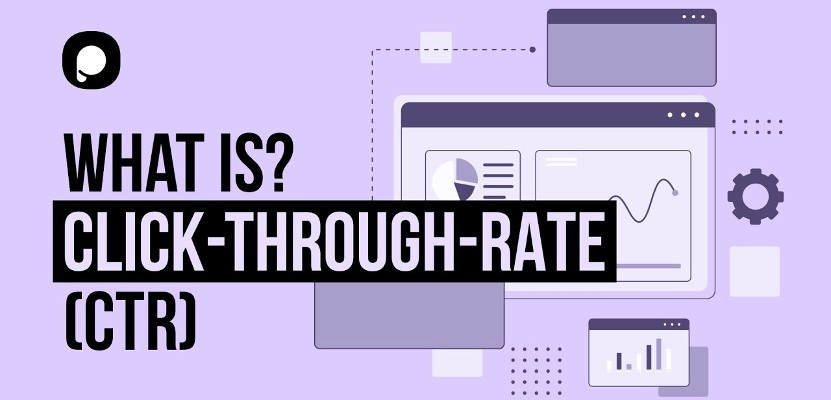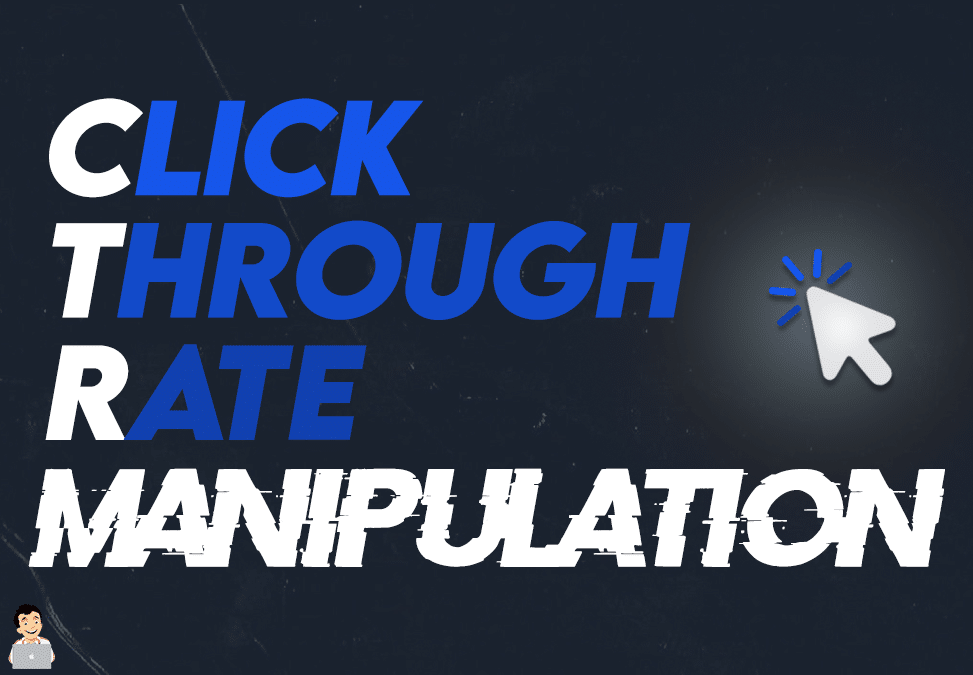Exploring the Partnership Between CTR Control Solutions and Customer Habits
In the world of digital advertising and marketing, the influence of click-through rate (CTR) adjustment services on customer actions remains a complicated and interesting subject. As on the internet platforms significantly rely upon CTR metrics to gauge the success of material, products, and services, understanding how these manipulated prices impact individual involvement and decision-making processes is paramount. The interplay between CTR manipulation and user habits questions regarding credibility, trustworthiness, and the ethical effects of such methods. By dissecting the detailed connection between CTR manipulation services and individual behavior, intriguing understandings arise that might improve our understanding of digital advertising and marketing techniques and their effects on customers.
Impact of CTR Manipulation on Habits
Analyzing the influence of Click-Through Price (CTR) adjustment on individual behavior reveals crucial understandings right into the characteristics of online engagement. CTR manipulation entails unnaturally inflating the number of clicks on a particular link or ad to deceive individuals and search engines. This practice can result in a distorted assumption of a website's popularity or importance, eventually affecting user actions.

Moreover, CTR control can alter the information made use of by algorithms to personalize user experiences. This can lead to users being served content that does not straighten with their preferences or rate of interests, ultimately bring about a decrease in individual complete satisfaction and involvement. Understanding the impact of CTR adjustment on individual actions is crucial for preserving openness and count on in online interactions.
User Engagement With Adjusted CTR
Individual engagement with manipulated CTR information often brings about manipulated understandings of online material popularity and relevance. When individuals engage with web content based on unnaturally filled with air Click-Through Fees (CTR), they may believe that certain information, products, or services are extra popular or reliable than they really are. This can lead to individuals making choices based upon deceptive information, leading to possibly negative outcomes.
Involvement metrics like sort, shares, remarks, and time spent on a web page are usually affected by CTR control. Individuals may be much more inclined to engage with content that shows up to have higher interaction prices, additionally bolstering the cycle of manipulated assumptions. Therefore, content developers and marketers might focus on creating web content that produces high CTR instead of concentrating on developing genuinely valuable and relevant product.

Psychological Effects of CTR Adjustment

Additionally, the emotional results of CTR control can additionally show up in transformed decision-making processes. Users might be extra likely to click on material entirely based upon its perceived popularity, instead of its real value or relevance to their requirements. This behavioral change can lead to a superficial involvement with on the internet material, where users may neglect top notch yet less prominent offerings for those with artificially improved CTRs.
Fundamentally, the psychological implications of CTR manipulation highlight the value of preserving openness and credibility in on the internet communications to promote authentic additional hints individual engagement and trust fund.
Moral Factors To Consider in CTR Manipulation
CTR control increases issues concerning tricking customers, misshaping information analytics, and jeopardizing the integrity of on-line web content. By synthetically blowing up CTR, users might be misled right into clicking on web links or advertisements they would not have chosen or else, leading to an insincere online experience.
One more honest aspect to contemplate is the justness of adjusting CTR to click for source get an unreasonable advantage over competitors. Participating in such techniques not only breaks principles of justice however likewise undermines the trust fund that customers put in online systems. It is essential for businesses and electronic marketers to promote ethical standards in their methods to guarantee openness, reputation, and lasting sustainability in the on the internet setting.
Effects for Digital Advertising
With the enhancing dependence on electronic platforms for advertising functions, the practice of adjusting click-through rates (CTR) poses substantial ramifications for the performance and honesty of digital advertising and marketing methods. CTR manipulation can lead to manipulated data analytics, misleading marketing experts into thinking that their campaigns are executing better than they in fact are. This can result in misallocation of sources, with companies purchasing underperforming strategies based upon falsified CTRs. Additionally, when users recognize that CTRs have been manipulated, it can erode depend on in the brand, causing long-lasting unfavorable repercussions for client loyalty and brand reputation.
Furthermore, making use of CTR control services can produce an unfair competitive landscape, where companies that participate in such practices obtain a synthetic advantage over those that comply with ethical marketing standards. This can stifle development and imagination in digital marketing, as special info success becomes even more concerning manipulation strategies than providing authentic worth to consumers. Ultimately, the ramifications of CTR control for electronic marketing extend past temporary gains, influencing the overall sustainability and integrity of advertising and marketing efforts in the digital realm.
Verdict
In conclusion, the partnership in between CTR manipulation services and individual habits is intricate and complex. The impact of CTR control on habits, user interaction with manipulated CTR, mental results, moral considerations, and effects for digital advertising all play a duty in forming this relationship. Comprehending these dynamics is crucial for online marketers and scientists alike in order to navigate the honest implications and make best use of the efficiency of their digital marketing strategies.